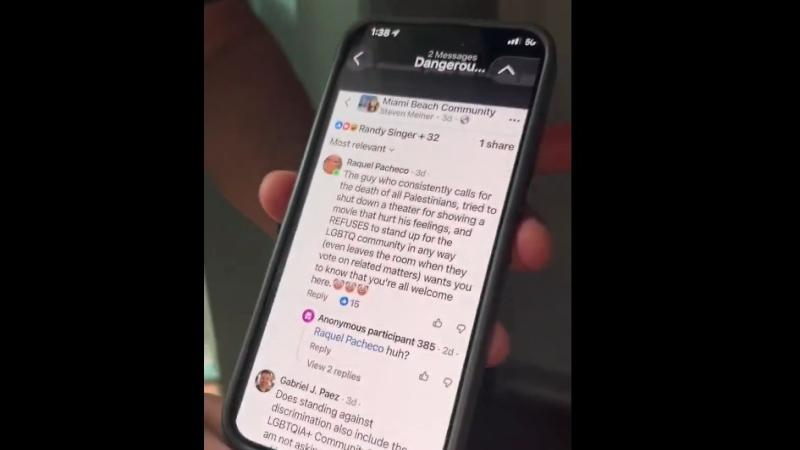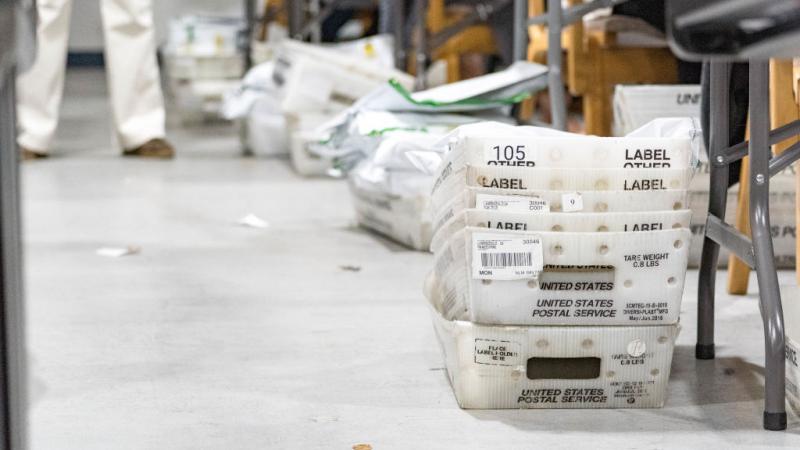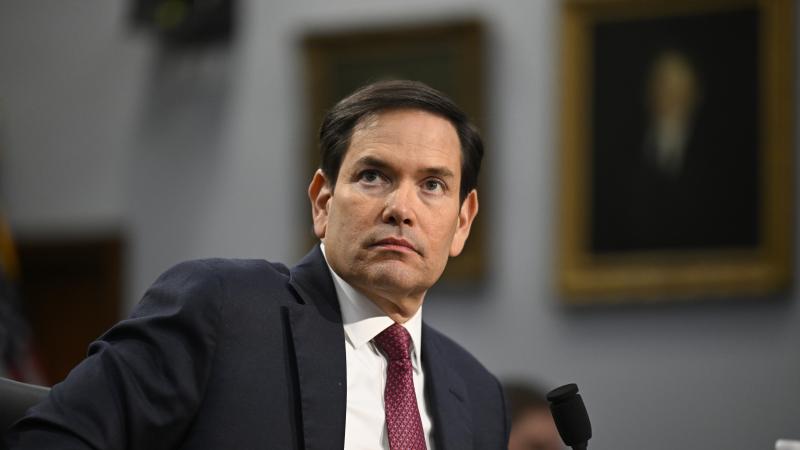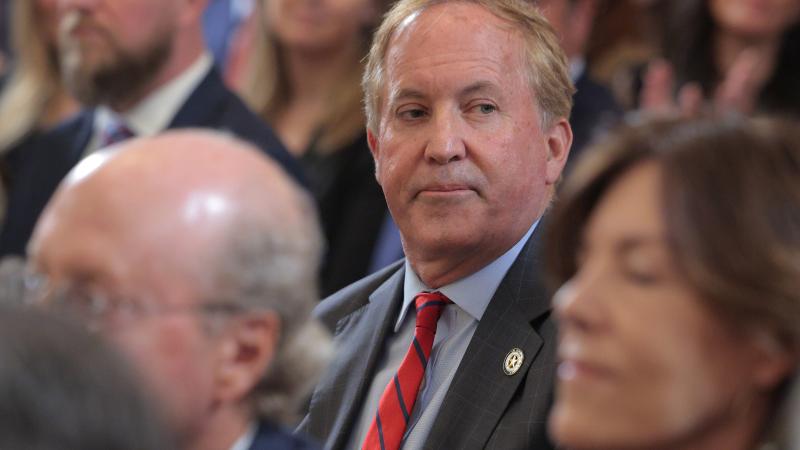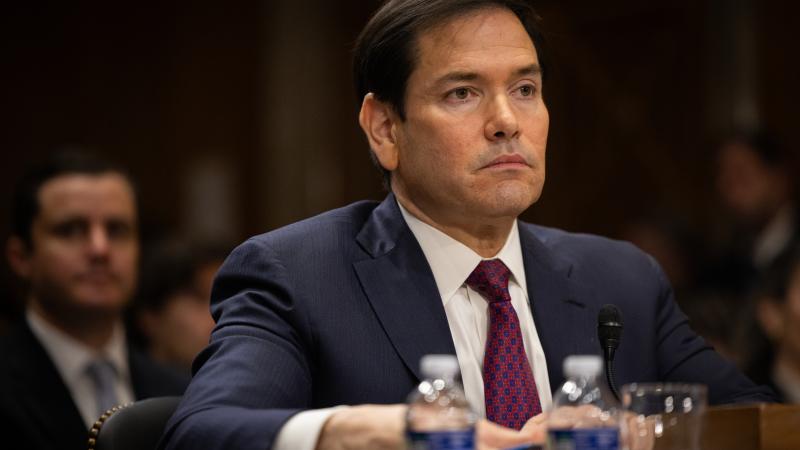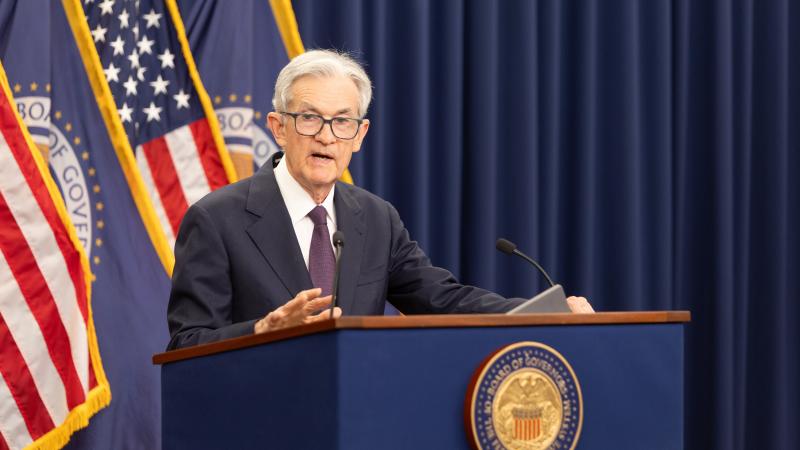Vermont backs off pro-life pregnancy centers to end suit, Illinois centers petition appeals court
Green Mountain State lawmakers eliminate "limited-services pregnancy centers" from deceptive advertising law after federal judge largely sided with pro-lifers a year ago. Ruling upholding abortion referral mandate is "paradoxical."
Blue states have not fared well in federal court, from the Supreme Court to district judges, when they directly regulate the speech of pro-life pregnancy centers on the argument they're trying to stop misinformation and protecting abortion-seeking women from being duped.
Another Democratic bastion threw in the towel to end First Amendment litigation by the National Institute of Family and Life Advocates, changing a Vermont law signed two years ago by GOP Gov. Phil Scott that resembled a California law blocked by SCOTUS in 2018.
SB 37 created a category known as "limited-services pregnancy centers" that do not directly provide or refer clients for abortions or emergency contraception, defining their advertising as "an act of commerce" and prohibiting ads that are "untrue or clearly designed to mislead the public about the nature of services provided," including for so-called abortion reversal.
The Alliance Defending Freedom, which represents NIFLA, Aspire Now and Branches Pregnancy Resource Center, said Vermont "amended the language of the law to eliminate its targeting of pregnancy centers and restriction of their provision of medical services."
Neither ADF nor the office of Vermont Attorney General Charity Clark gave details in their statements on the legislation or told Just the News what the bill was. WCAX reported that lawmakers eliminated targeting the centers but didn't give a bill number or show legislative changes.
It appears to be SB 28, signed by Scott on May 13 that guts the law by replacing limited-services pregnancy centers with "health care services" and excising abortion references altogether.
U.S. District Judge William Sessions signed off Friday on the stipulation of dismissal without prejudice, meaning the case could be brought again. The President Obama nominee largely sided with the centers a year ago, only dismissing their vagueness claim and otherwise denying Vermont's motion to dismiss, clearing the case for trial.
"Pregnancy centers are no longer under direct threat from the law and pro-abortion lobby in Vermont," NIFLA Vice President of Legal Affairs Anne O’Connor said, but it "stands ready to take Vermont back to court and seek appropriate relief" if the state backtracks.
Branches Executive Director Jean Marie Davis said a pregnancy resource center turned around her life as a decades-long victim of sex trafficking, attempted murder and drug addiction when she became pregnant, enabling her to get a college degree and a hospital job.
"The hateful narratives that smear pro-life pregnancy centers would have some believe that I fell ‘victim’ to their work" when in fact they set her free, Davis told Live Action.
Illinois gave up on its own California clone law a year and a half ago, four months after a federal judge blocked SB 1909 and called it "stupid and very likely unconstitutional." ADF dropped another suit against Connecticut in 2023 after the attorney general said he couldn't enforce its law without "women being deceived by pro-life pregnancy centers."
Delaware took little more than a month to cave after being sued by NIFLA and its Delaware member A Door of Hope, agreeing not to enforce SB 300.
'Paradoxical' ruling makes 'distinction without a difference'
ADF and the Thomas More Society didn't get a clean win for their clients in April when a federal judge only nullified half of an Illinois law they were challenging – compelled promotion of abortion and its "benefits" – while upholding a referral mandate to abortion clinics as "conduct" that serves "clinical – not expressive – goals," just like writing prescriptions.
Liberty University's Standing for Freedom Center dismissed the split ruling by President Trump nominee Judge Iain Johnston as "paradoxical" and "a distinction without a difference."
The law firms appealed and filed their consolidated opening brief with the 7th U.S. Circuit Court of Appeals on Wednesday, while Illinois is appealing the block on promotion of abortion.
"The referral mandate has faced legal challenges since it was originally passed in 2016," conditioning Health Care Right of Conscience Act protections for pro-life health care providers on referring abortion, the society said Thursday. It's representing physician Ronald Schroeder, 1st Way Life Center, Focus Women’s Center and Pregnancy Aid South Suburbs.
ADF is representing NIFLA and Illinois's Tri-County Crisis Pregnancy Center, The Life Center and Mosaic Pregnancy & Health Centers.
Johnston's distinction between promotion of abortion's benefits and abortion referral "flies in the face" of the SCOTUS ruling against California's law, which literally said a state can't compel the centers to "inform women how they can obtain state-subsidized abortions" and rejected the 9th U.S. Circuit Court of Appeals' exception for "professional speech," the brief says.
Because the judge botched a 7th Circuit ruling in a lawsuit against Medical Licensing Board of Indiana members, which actually held that "referrals were speech" but were unprotected in that case because they were "integral to criminal conduct," Johnston did not apply the required "heightened scrutiny" on the law.
He contradicted himself again when upholding the referral requirement as a "neutral law of general applicability" because “all health care providers" can be sued for failing to meet this "standard of care," when Johnston had "just held that there was no uniform standard of care that required physicians to perform the duties" in the law, the firms said.
The referral mandate requires the pregnancy centers to "communicate specific content to their patients," making it "content-based regulation of speech," and it "distinguishes among speakers based on their beliefs about abortion," making it viewpoint-based.
That makes it "presumptively unconstitutional” under the SCOTUS California precedent unless the state can show the regulation is "narrowly tailored to serve compelling state interests," yet Johnston said it provided "zero evidence of a compelling or important state interest" and "failed to explore any less restrictive means" such as state-sponsored ads, the firms said.
The regulation "applies only to healthcare providers with conscience-based objections to legal treatment options" and not "other, similarly situated secular providers that do not have a conscience-based objection to legal treatment options."
The Facts Inside Our Reporter's Notebook
Videos
Links
- California law blocked by SCOTUS in 2018
- SB 37
- abortion reversal
- Alliance Defending Freedom
- WCAX
- SB 28
- signed by Scott May 13
- stipulation of dismissal without prejudice
- He largely sided with the centers
- Live Action
- Illinois gave up on its own California clone law
- another suit against Connecticut
- Delaware took little more than a month to cave
- sued by NIFLA and its Delaware member A Door of Hope
- federal judge only nullified half
- Standing for Freedom Center mocked
- consolidated opening brief
